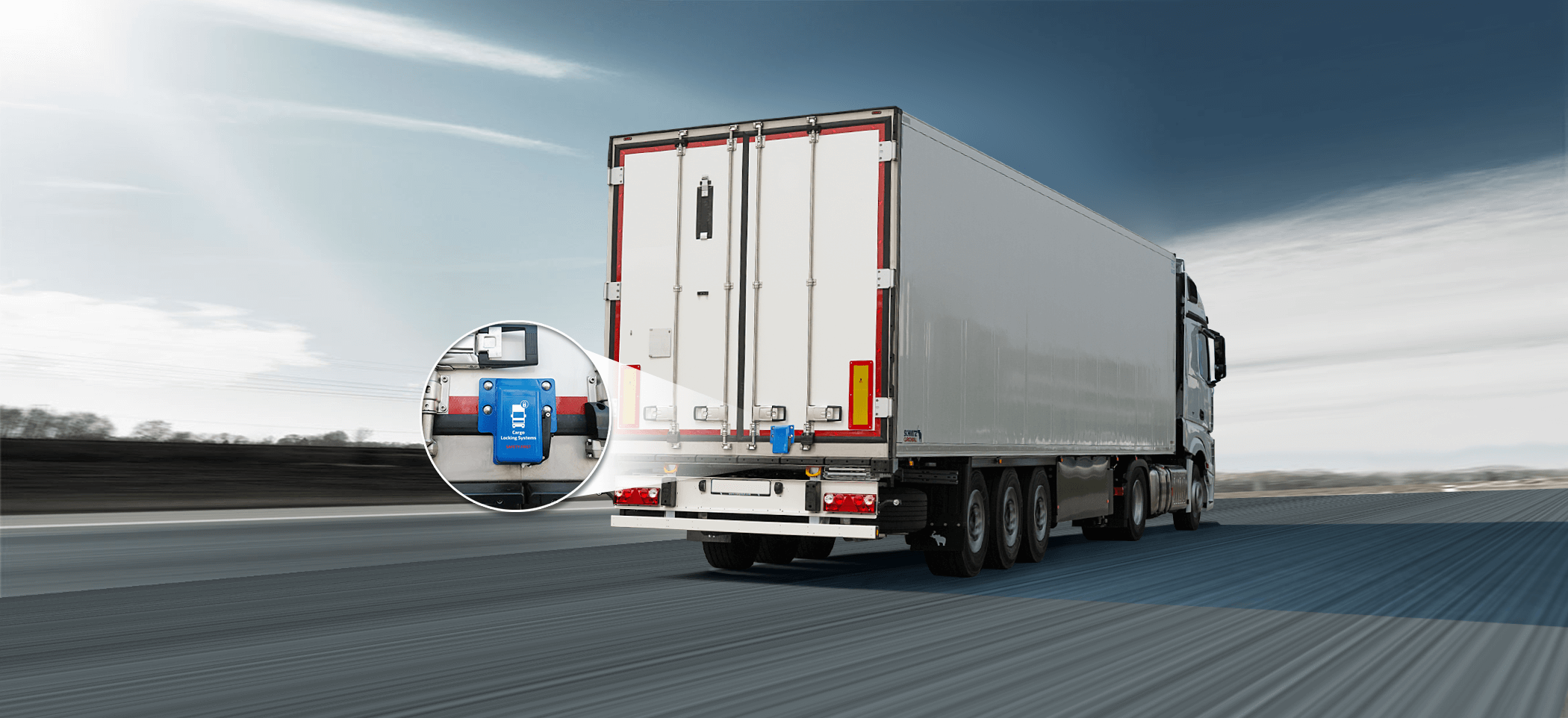Locked containers in vehicles serve as crucial components of logistics and transportation operations, providing secure storage and protection for valuable goods during transit. These containers, often made of durable materials such as steel or aluminum, are designed to withstand external elements and potential tampering, safeguarding their contents from theft, damage, or unauthorized access.
Whether in trucks, trailers, or shipping containers, locked containers play a vital role in ensuring the integrity and security of cargo throughout the supply chain. They are commonly used in industries such as freight transport, logistics, and retail distribution, where the safe and timely delivery of goods is paramount.
The locking mechanisms of these containers vary depending on the level of security required and the nature of the cargo being transported. They may include padlocks, combination locks, electronic locks, or even advanced biometric systems, providing varying levels of access control and monitoring capabilities.
Additionally, locked containers are often equipped with features such as seals, bolts, and reinforced walls to further enhance security and prevent unauthorized entry. These measures not only deter theft and pilferage but also help ensure compliance with regulatory requirements and industry standards for cargo security.
Overall, locked containers in vehicles are indispensable assets for protecting valuable goods during transportation, offering peace of mind to shippers, carriers, and recipients alike. By safeguarding cargo from potential risks and vulnerabilities, these containers contribute to the efficient and secure movement of goods across various industries and supply chains.

